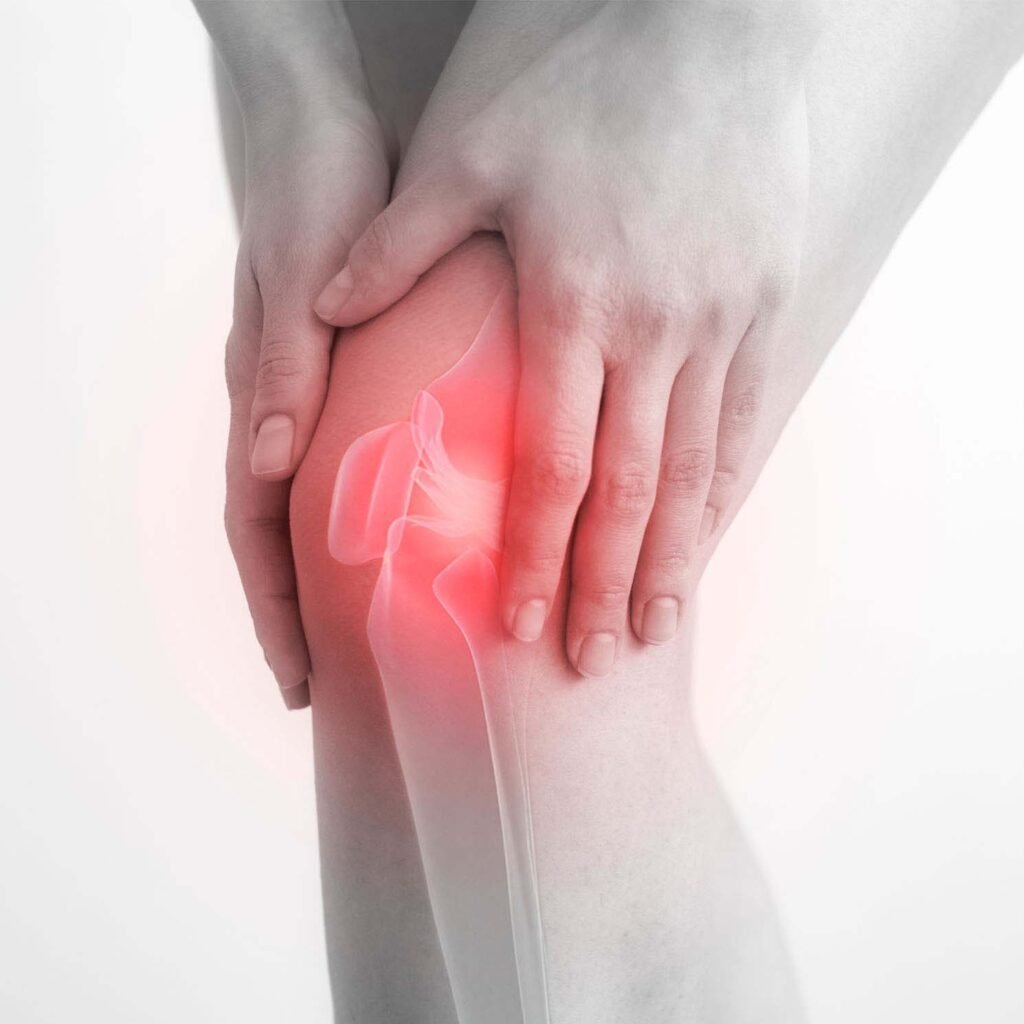Arthritis

Arthritis
Taking care of your joints is crucial for maintaining mobility and overall quality of life. Here are some tips and practices to help support joint health:
- Stay Active: Regular exercise helps maintain joint flexibility and strength. Low-impact activities like swimming, cycling, and walking are excellent choices. Strength training can also be beneficial for supporting the muscles around the joints.
- Maintain a Healthy Weight: Extra weight puts additional stress on joints, particularly weight-bearing ones like the knees and hips. Maintaining a healthy weight can reduce this strain and lower the risk of developing joint problems.
- Eat a Balanced Diet: A diet rich in antioxidants, omega-3 fatty acids, and vitamins and minerals supports joint health. Foods like fatty fish, nuts, seeds, fruits, vegetables, and whole grains are beneficial.
- Stay Hydrated: Joints are lubricated by synovial fluid, which needs adequate hydration to function properly. Drinking plenty of water is important for joint lubrication and overall health.
- Practice Good Posture: Proper posture reduces stress on your joints. Pay attention to your body mechanics during activities and try to avoid repetitive strain on specific joints.
- Use Proper Techniques: When lifting objects, use your legs rather than your back and avoid twisting motions. Proper ergonomics in your workspace can also reduce joint strain.
- Incorporate Stretching and Flexibility Exercises: Regular stretching helps keep your joints flexible and can reduce stiffness. Yoga or Pilates can be especially beneficial for improving joint flexibility.
- Consider Supplements: Some people find joint supplements like glucosamine, chondroitin, or omega-3 fatty acids helpful. However, it’s best to consult with a healthcare provider before starting any new supplement.
- Rest and Recovery: Allow time for rest and recovery after strenuous activities. Overuse can lead to joint pain and injury, so balance activity with rest.
- Seek Medical Advice: If you experience persistent joint pain, stiffness, or swelling, it’s important to consult with a healthcare professional to determine the cause and receive appropriate treatment.
These strategies can help support joint health and potentially reduce the risk of joint-related issues as you age.